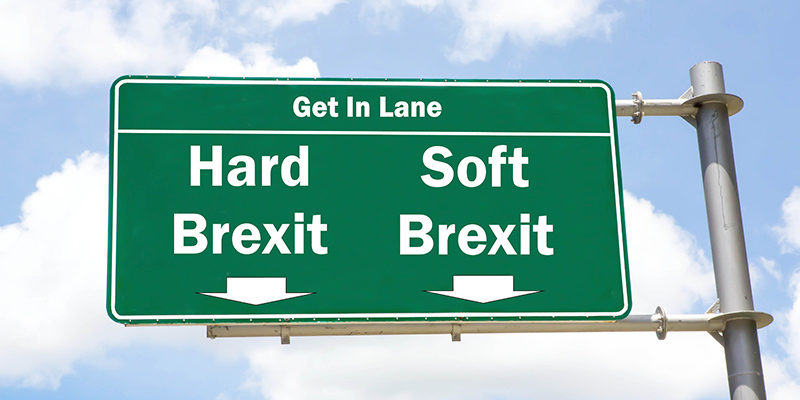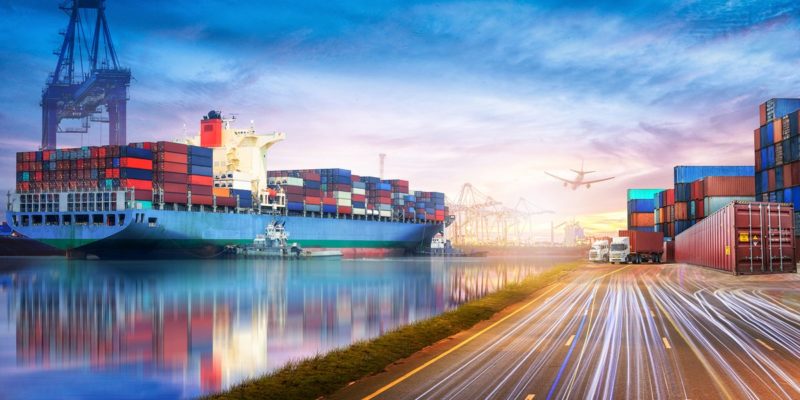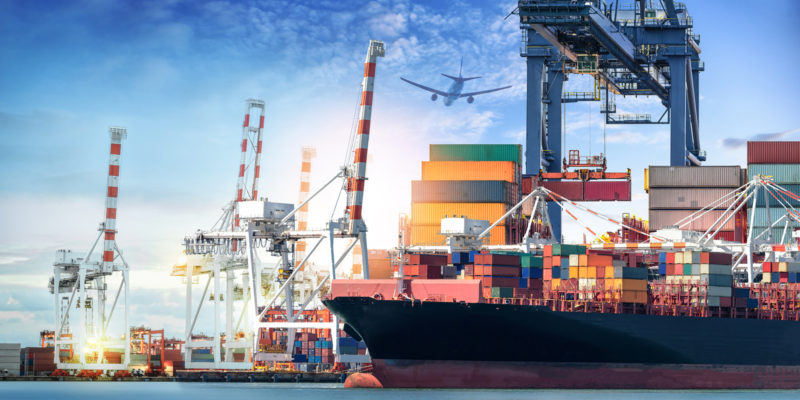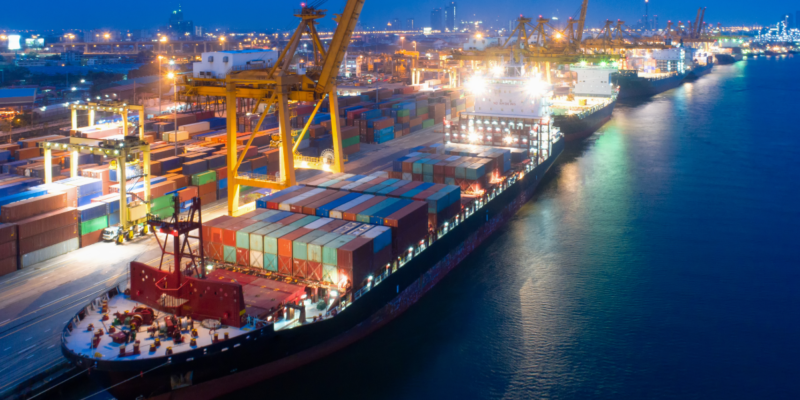The AB’s Seven Deadly Sins?: Frame-correction and some short Responses to Miranda & Sánchez-Miranda – Part II
For part I of this article, click here. I. Allegation Regarding Creation of Law: Lust? Now, to tackle head on the main argument of the authors: that the AB creates law when it has no business to do so. But, we ask: who is to blame? The WTO agreements as a whole (not just with…






